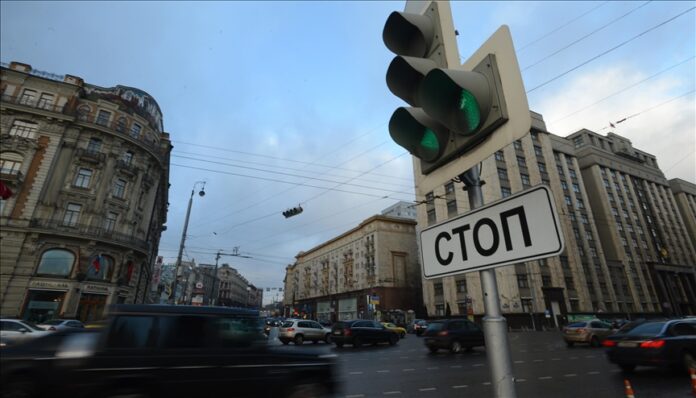VILNIUS,Lithuania – In a recent development, Lithuania has enforced a ban on cars bearing Russian license plates, effective as of Monday, March 11th. The ban excludes diplomatic vehicles and those transiting through Lithuania to and from Russia’s Kaliningrad region, as reported by a Anadolu Agency.
According to the Customs Department, drivers found operating vehicles with Russian license plates after the implementation date will be considered in violation of the legislation and will face penalties under the Code of Administrative Offences.

Currently, there are approximately 50 cars registered in Russia still present on Lithuanian territory. Owners of these vehicles risk fines ranging from €200 to €6,000 ($219 to $6,561) and face potential vehicle seizure if they do not promptly remove their cars from the country.
However, exceptions are made for Russian citizens traveling to or from Russia’s Kaliningrad Oblast through Lithuania, provided they possess appropriate documentation. Transit through Lithuania must be completed within 24 hours, as stipulated by Customs regulations.
In addition, Lithuania has introduced a requirement that cars entering the country must have their owners physically present within the vehicle.
This recent ban follows Lithuania’s initial prohibition on vehicles with Russian license plates from entering its territory in September of last year, following a recommendation from the European Commission.
Joining Lithuania, all Baltic countries, including Latvia and Estonia, have also implemented similar bans. Moreover, Poland, Finland, Norway, and Bulgaria have followed suit, signaling a broader regional response to the issue.






